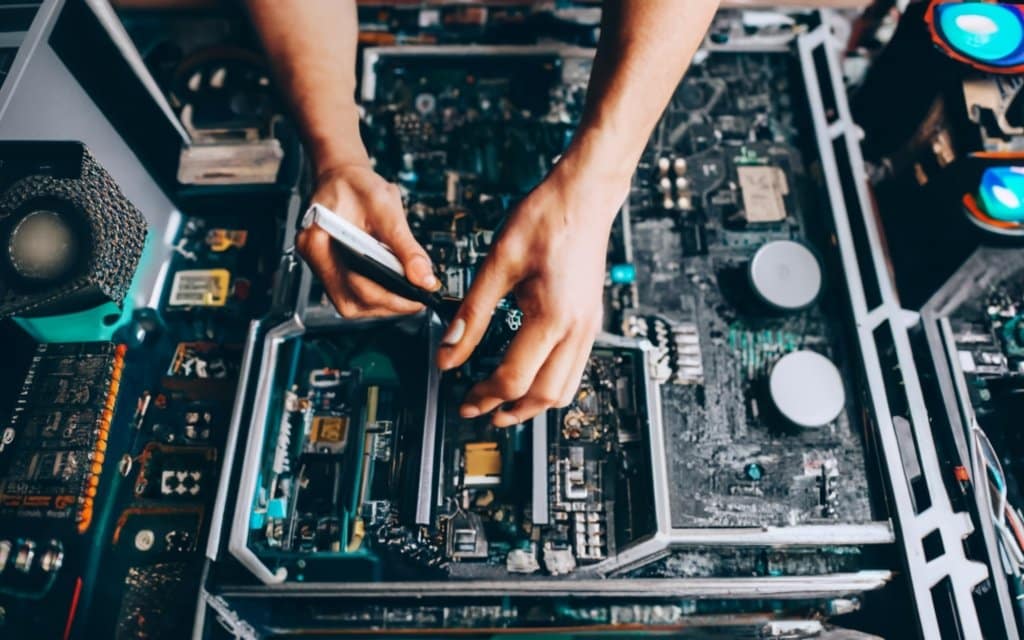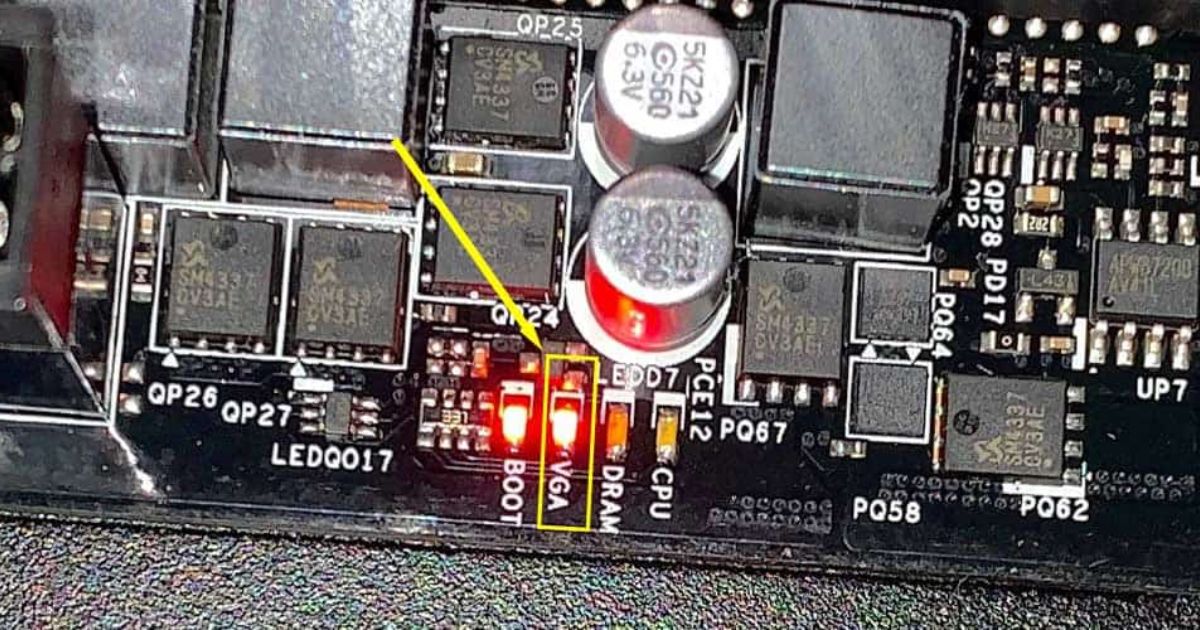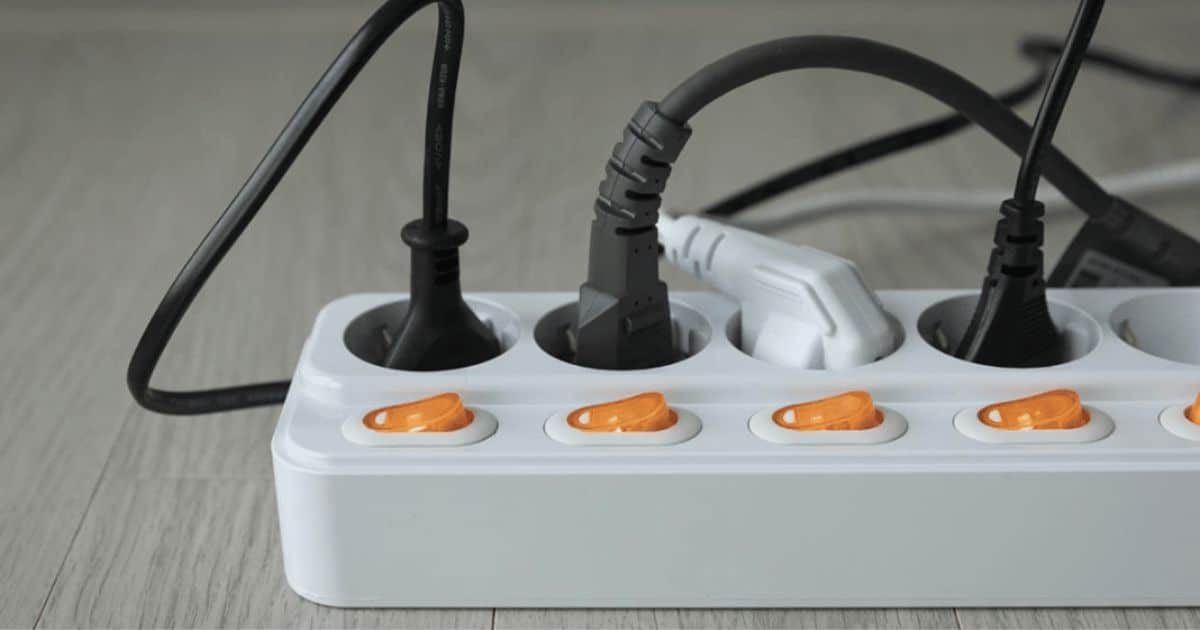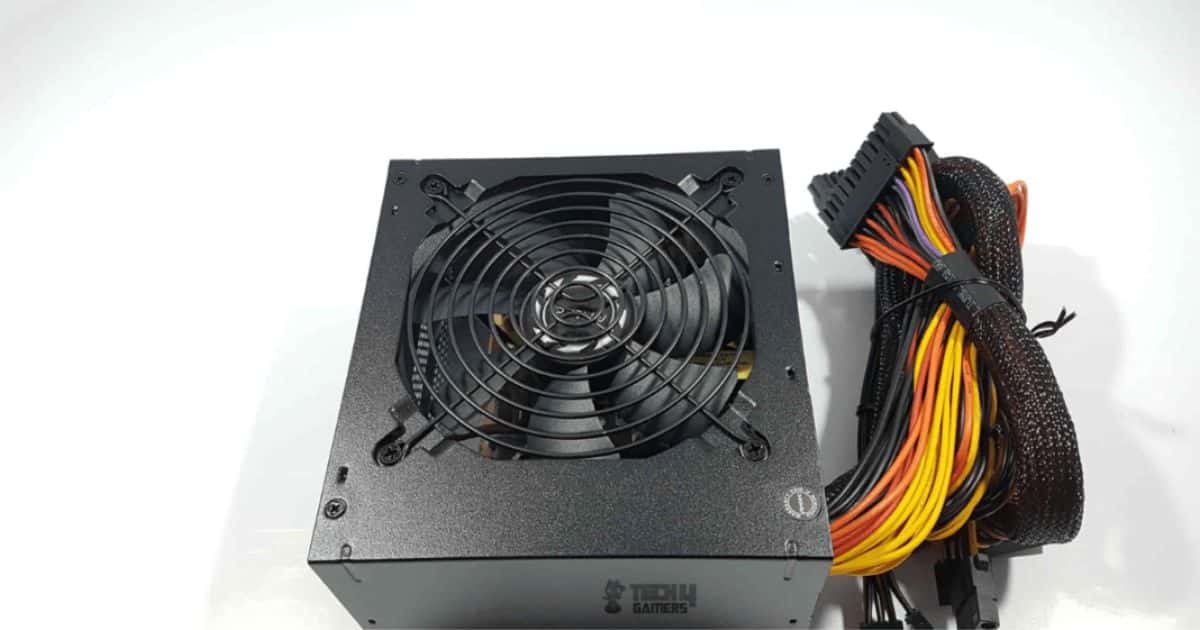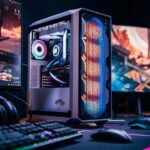Embarking on the journey of building a gaming PC is akin to constructing a masterpiece, where each component meticulously intertwines to create a symphony of power and performance. Just as a skilled artist envisions the final brushstroke, gamers and PC enthusiasts alike wonder: how long does it take to bring this technological marvel to life? In this article, we delve into the factors influencing build time, break down the PC building process, and provide time estimates for each stage, empowering you to craft your dream rig efficiently and effectively.
Key Takeaways
- The build time for a gaming PC can range from 3 to 5 hours, depending on various factors such as the number of components, complexity of installation procedures, and potential issues during installation.
- Careful planning and using compatible hardware can help speed up the build process and avoid delays caused by troubleshooting compatibility issues.
- Proper cable management techniques, such as using cable ties, can help save time and ensure an organized build.
- Building a gaming PC allows for customization, cost savings compared to pre-built PCs, and the opportunity to enhance the gaming experience on a budget.
Factors That Impact Build Time
One of the significant factors that can impact the build time of a gaming PC is the number of components required for assembly. The more components there are, the longer it will take to put everything together. Each component, such as the motherboard, power supply, and storage devices, needs to be carefully installed and connected to ensure proper functionality. This process can be time-consuming, especially if issues arise during the installation. Additionally, the hardware chosen for gaming PCs often requires more intricate installation procedures, such as mounting cooling systems or configuring advanced graphics cards. These tasks can add several hours to the build time. Therefore, it is crucial to carefully plan and allocate enough time for the assembly process to ensure a successful and efficient build.
Understanding the PC Building Process
Frequently, understanding the PC building process involves familiarizing oneself with the step-by-step procedures and necessary components required for a successful assembly. Building a gaming PC can be an exciting and rewarding experience, but it requires a thorough understanding of the process. In this article, we will discuss the key steps involved in building a gaming PC and provide contextually relevant information for each stage. This section aims to provide a comprehensive overview of the PC building process, covering topics such as component selection, hardware compatibility, cable management, and software installation. By understanding these steps, you will be better equipped to build your own gaming PC. Now, let’s delve into the time estimates for each stage, so you can plan accordingly and have a realistic expectation of how long the process might take.
Time Estimates for Each Stage
In order to efficiently plan your gaming PC build, it is essential to consider the time estimates associated with each stage of the process. The time required for building a gaming PC can vary depending on various factors such as your experience level, the complexity of the build, and the components you choose. Generally, assembling the PC itself can take anywhere from 2 to 4 hours. This includes installing the memory, processors, cooling, power supply, and other components according to the guide provided. Compatibility issues may arise, which could add extra time for troubleshooting. Additionally, cable management, including connecting power cables and securing screws, can take another hour or so. It’s important to ensure proper airflow for optimal cooling performance. Overall, the time it takes to build a gaming PC can range from 3 to 5 hours, depending on the factors mentioned above. With that being said, let’s now explore some tips for speeding up the build process.
Tips for Speeding Up the Build Process
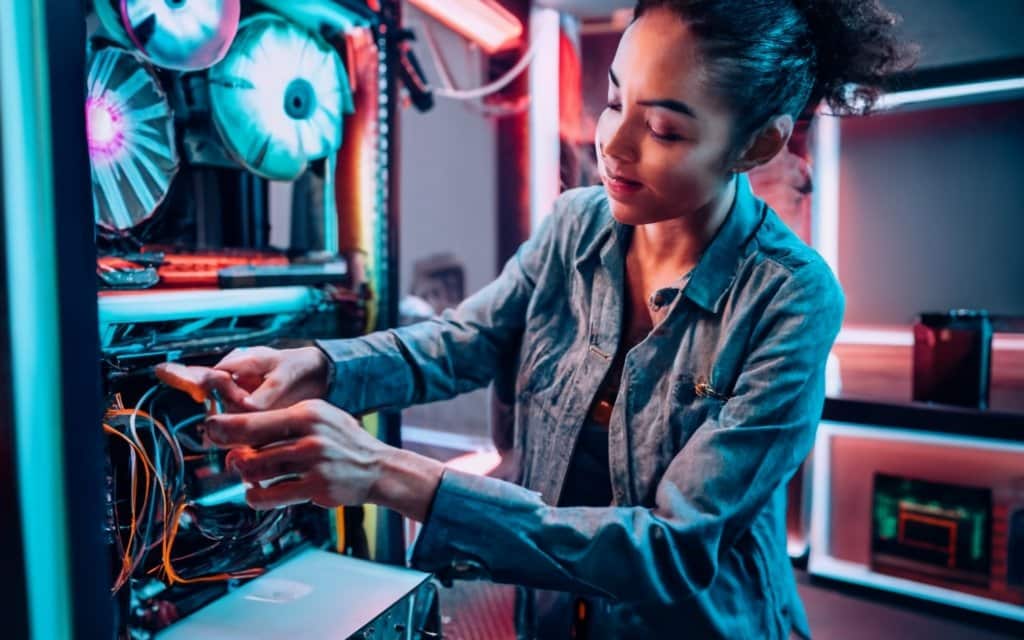
Efficiently implementing these expert tips can significantly expedite the build process, allowing for a faster completion of your gaming PC. Proper management of the building process is crucial to ensure smooth construction and minimize delays. One important tip is to have all the necessary tools ready before starting the build. This can help save time by avoiding interruptions and searching for missing tools. Additionally, customization should be carefully planned to avoid hardware incompatibility issues, which can cause delays in construction time. Another helpful tip is to use cable ties to neatly organize and secure cables, reducing clutter and improving airflow within the gaming rig. By following these tips, builders can increase their work rate and decrease delivery time, ultimately achieving a faster completion of their gaming PC.
Transition: Now that we have explored some tips for speeding up the build process, let’s move on to the final thoughts on building a gaming PC.
Frequently Asked Questions
What Are the Minimum Requirements for a Gaming Pc?
To build a gaming PC, it is essential to consider the minimum requirements. These requirements typically include a powerful processor, sufficient RAM, a dedicated graphics card, ample storage space, and a high-quality monitor.
How Much Does It Cost to Build a Gaming Pc?
The cost of building a gaming PC can vary depending on factors such as the desired performance, brand preferences, and additional features. It is important to consider budget, research components, and seek professional advice to ensure a satisfactory gaming experience.
Can I Reuse Components From an Old Computer in My Gaming PC Build?
Reusing components from an old computer in a gaming pc build can be a cost-effective option. However, compatibility and performance considerations should be taken into account. Seeking professional advice can ensure a successful integration and optimize the gaming experience.
Is It Necessary to Overclock My Gaming PC for Optimal Performance?
It is recommended to overclock a gaming PC for optimal performance, as it can increase the processing speed and improve gameplay. However, it is not necessary, and the decision to overclock should be based on individual preferences and requirements.
What Are Some Common Mistakes to Avoid When Building a Gaming Pc?
When building a gaming PC, it is crucial to avoid common mistakes that can compromise performance and longevity. These may include improper cable management, inadequate cooling, incompatible components, and overlooking software updates.
Conclusion
In conclusion, building a gaming PC is a meticulous process that requires careful planning and execution. Factors such as component selection, experience level, and availability of parts can impact the overall build time. By understanding the PC building process and following time estimates for each stage, one can effectively manage their expectations. Additionally, implementing tips for speeding up the build process can further streamline the construction. Ultimately, the satisfaction of completing a well-crafted gaming PC is worth the time and effort invested.

Brook over 3 years of professional gaming, esports coaching, and gaming hardware reviews to provide insightful expertise across PC, console, and mobile gaming.
